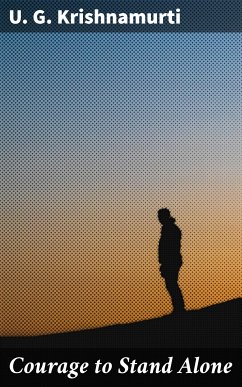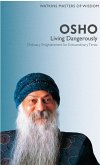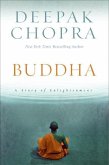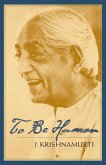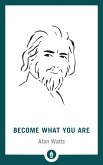In "Courage to Stand Alone," U. G. Krishnamurti presents a thought-provoking exploration into the nature of self-realization and the challenge of personal liberation. Through a blend of conversational prose and philosophical inquiry, Krishnamurti invites readers to dissect the illusions and constructs that bind their minds. His style is unorthodox and confrontational, often eschewing systematic philosophy in favor of a more immediate, experiential approach that emphasizes the importance of direct perception over intellectual understanding. The book serves as a counter-narrative to mainstream spiritual traditions, urging individuals to confront their conditioning and societal expectations with radical honesty. U. G. Krishnamurti, a contemporary thinker who found himself disillusioned with established spiritual paths, draws from his own lifelong quest for truth in writing this transformative work. His rejection of prescribed dogma, coupled with a profound understanding of human psychology, provides a unique lens through which he articulates the importance of individual authenticity. Raised in an environment steeped in tradition, his journey towards self-definition allows him to challenge readers to seek their own paths rather than adhering to convention. "Courage to Stand Alone" is invaluable for seekers of truth who are prepared to confront their own beliefs head-on. It encourages readers not only to question the values imposed upon them by society but also to embrace the courage necessary for personal freedom. This book is recommended for anyone on a spiritual journey, offering insights that resonate deeply and challenge conventional wisdom.
Dieser Download kann aus rechtlichen Gründen nur mit Rechnungsadresse in A, B, BG, CY, CZ, D, DK, EW, E, FIN, F, GR, H, IRL, I, LT, L, LR, M, NL, PL, P, R, S, SLO, SK ausgeliefert werden.

